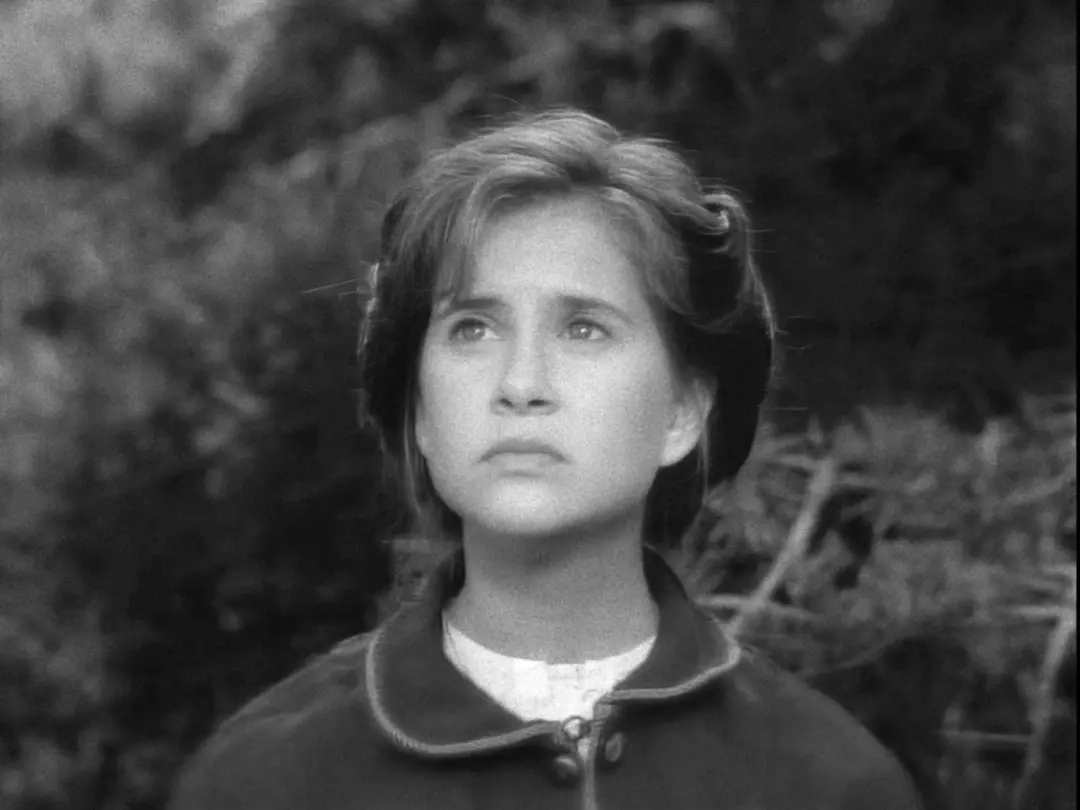‘Christy’ will gauge appeal of religious message.
WHEATON Ill. — The last scene in a Christian movie is always supposed to be the same: a messed-up person gets right with God and then sets out to live a glorious life. But “Christy” begins with an altar call instead of ending with one. “Teaching in a mission school sounded so safe,” says heroine Christy Huddleston played by actress Kellie Martin, as she rides a train into the Tennessee mountains in 1912. “I knew before the hymn was done that I would volunteer.”
The key to “Christy” is that a young woman’s idealistic religious decision is followed by pain, doubt, love, hate, confusion and, ultimately, mature faith. The CBS made-for-television movie makes its debut at 8 pm (EST) on Easter. What happens after the altar call is more complex than what led up to it, said veteran movie producer Ken Wales. “I cant help but think that so many people have struggled with this. Maybe they tried to make a religious decision when they were a kid and then walked away from it. Or maybe they’ve struggled to stay true to that decision ever since,” said Wales, just before a sneak preview of “Christy” at the Billy Graham Center at Wheaton College, outside Chicago.
“The point is that we’re all in this human boat together…. We’re all struggling to find out what God wants us to do.” “Christy” is based on the story of Leonora Wood, who at 19 left her well-to-do family in Asheville, N.C., to teach at a mission in Cocke County. The TV movie and six Thursday episodes that will follow, were filmed in Townsend. Leonora’s daughter, Catherine Marshall took the framework of this story and in 1967 turned it into a novel which has sold 8 million copies and is in its 86th printing. Still, Wales had to fight to see “Christy” on film.
He started work on the project the same month that Martin, now his lead actress, was born. Time after time, movie insiders rejected “Christy.” Attempts to rally financial support from Christian leaders and organizations failed. Hollywood was uncomfortable with “Christy,” and Christians were uncomfortable with Hollywood — period. Finally a rising tide of Nielsen numbers for family fare pushed “Christy” into prime time. Wales is determined to offer more than a little house in the hills or the missionary version of “Dr. Quinn Medicine Woman.”
In the late 1970s, Wales spent many hours with Leonora and Catherine in their dining room filling notebooks with gritty, heartbreaking and sometimes bloody stories of Appalachian life. Catherine died in 1983 and Leonora in 1989. Some viewers may be uncomfortable with a few violent scenes, sparked by a mix of moonshine and feuding. Network officials thought twice about one scene — now in a later episode — in which a mountain superstition leads to an infant’s death.
Meanwhile, characters pray, worship and talk about sin, salvation and eternal life — on network television. “Dear God, when I came here, maybe I was partly running away from home for fun and adventure,” says Christy after one crisis. “But I think you had something else in mind. What I’m trying to say is, ‘If you can use me in this cove, well, here I am.'” This prayer made it into the script. Then it was taken out. Then it was put back in. It’s common to hear members of the “Christy” team debating the role God plays in the plots. Everyone knows that “Christy” is a test case, to see if a series that openly wrestles with religious issues will find an audience. “We want to be faithful to Leonora’s experience and to Catherine’s vision,” said Wales. “Whenever there are questions about whether something feels right or sounds right, I tell people to go back to the book. It’s all there, and it gives us lots of room…. But we are determined to stay true to that legacy.”
Tony Mattingly teaches communications at Milligan College between Johnson City and Elizabethton in Carter County. He writes this column for Scripps Howard News Service.
